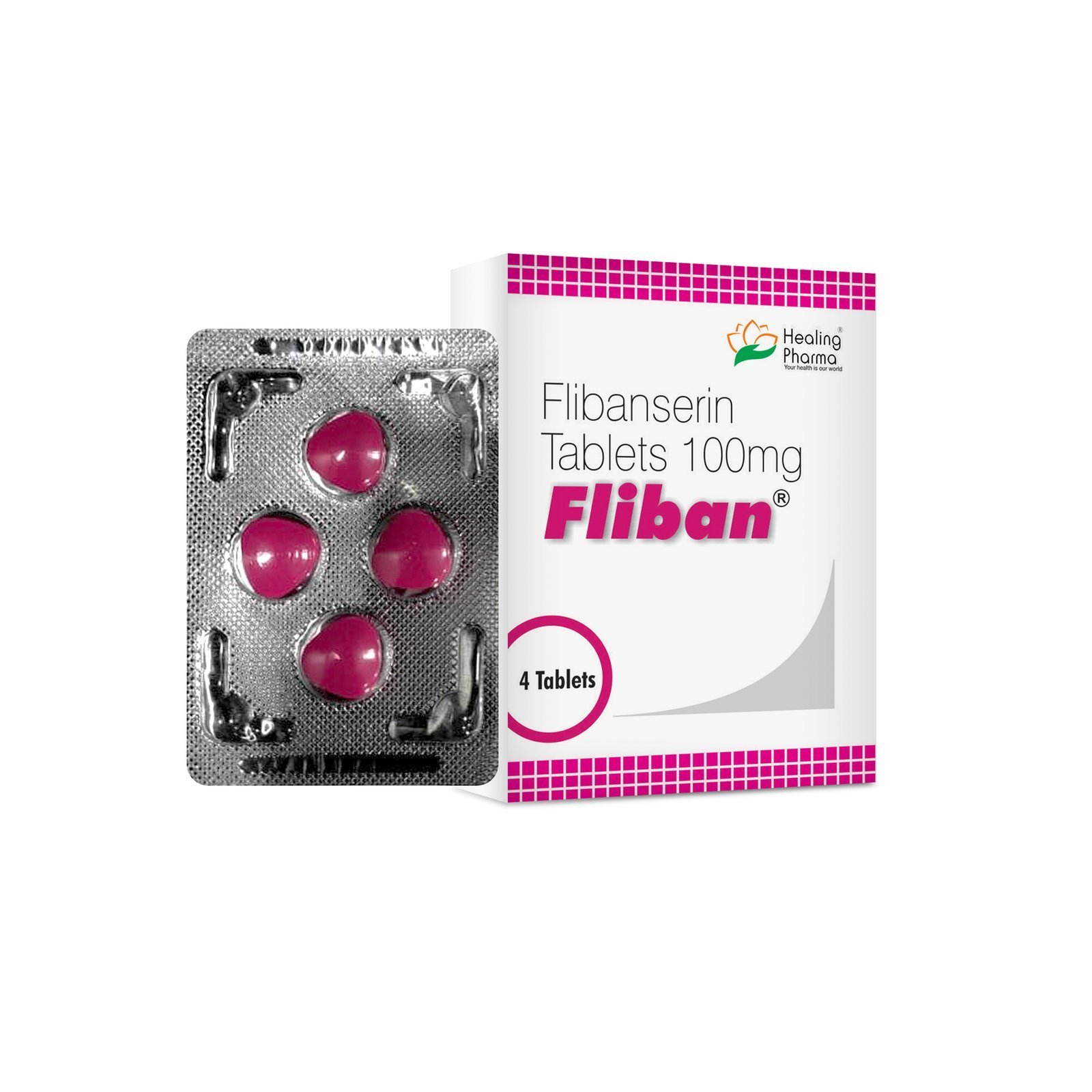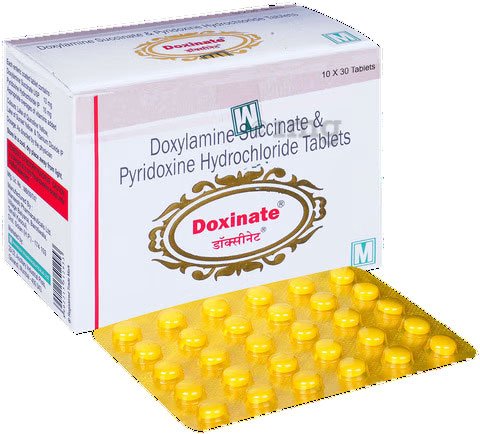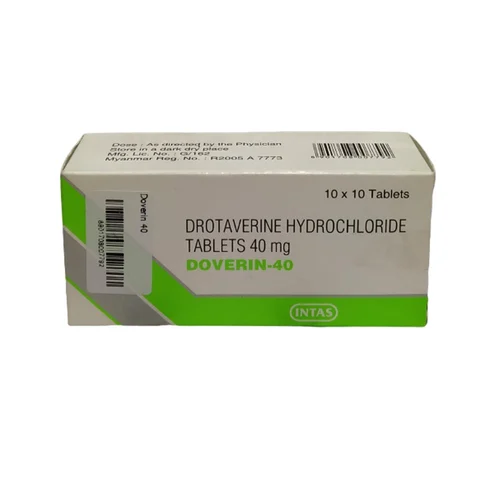Calcium & Vitamin D Supplements: Do You Really Need Them?
Are you popping calcium and vitamin D pills daily, hoping to keep your bones strong and healthy? 🦴💊 You’re not alone. Millions of people worldwide rely on these supplements, but here’s the million-dollar question: do you really need them?
The supplement industry is booming, with calcium and vitamin D products leading the charge. Yet, conflicting information abounds, leaving many of us scratching our heads. 🤔 Are we wasting our money on unnecessary pills, or are we safeguarding our health against potential deficiencies? The answer, as it turns out, isn’t as straightforward as we might hope.
In this blog post, we’ll dive deep into the world of calcium and vitamin D supplementation. We’ll explore what these nutrients do for our bodies, factors that affect our levels, and the potential benefits and risks of supplementation. Most importantly, we’ll help you determine if you truly need these supplements and discuss alternatives for those who don’t. So, let’s break it down and get to the bone of the matter!
Understanding Calcium and Vitamin D
Essential roles in the body
Calcium and vitamin D play crucial roles in maintaining overall health. Calcium is vital for:
- Building and maintaining strong bones and teeth
- Supporting muscle function and nerve signaling
- Regulating blood pressure and hormone secretion
Vitamin D is equally important, as it:
- Enhances calcium absorption in the intestines
- Promotes bone mineralization
- Supports immune system function
- Regulates cell growth and differentiation
Recommended daily intake
The recommended daily intake varies based on age and gender:
- Calcium:
- Adults (19-50 years): 1000 mg/day
- Women (51+ years) and men (71+ years): 1200 mg/day
- Vitamin D:
- Adults up to 70 years: 600 IU/day
- Adults over 70 years: 800 IU/day
Natural sources in diet
Calcium-rich foods:
- Dairy products (milk, yogurt, cheese)
- Leafy greens (kale, spinach, collard greens)
- Fortified plant-based milk alternatives
- Sardines and canned salmon with bones
Vitamin D sources:
- Fatty fish (salmon, mackerel, tuna)
- Egg yolks
- Fortified foods (milk, cereals, orange juice)
- Sunlight exposure (15-30 minutes daily)
Signs of deficiency
Recognizing deficiency symptoms is crucial for timely intervention. Common signs include:
- Calcium deficiency: muscle cramps, numbness, weak and brittle nails
- Vitamin D deficiency: fatigue, bone pain, muscle weakness, increased susceptibility to infections
Now that we understand the basics of calcium and vitamin D, let’s explore the factors that can affect their levels in our bodies.
Factors Affecting Calcium and Vitamin D Levels
Age-related changes
As we age, our body’s ability to absorb and retain calcium and vitamin D naturally declines. This can lead to:
- Decreased calcium absorption in the intestines
- Reduced ability to synthesize vitamin D in the skin
- Lower production of parathyroid hormone, which regulates calcium levels
These age-related changes often contribute to the increased risk of osteoporosis and fractures in older adults.
Dietary restrictions
Certain dietary choices can significantly impact calcium and vitamin D levels:
- Veganism or strict vegetarianism may lead to lower calcium intake
- Lactose intolerance can result in reduced consumption of dairy products
- Excessive caffeine or alcohol consumption can interfere with calcium absorption
Lifestyle factors
Our daily habits play a crucial role in maintaining optimal calcium and vitamin D levels:
- Limited sun exposure reduces natural vitamin D production
- Sedentary lifestyle can lead to decreased bone density
- Smoking negatively affects calcium absorption and bone health
Medical conditions
Several health issues can influence calcium and vitamin D metabolism:
- Celiac disease and inflammatory bowel disorders impair nutrient absorption
- Kidney and liver diseases affect vitamin D activation
- Hormonal imbalances, such as hyperparathyroidism, disrupt calcium regulation
Medications
Certain medications can interfere with calcium and vitamin D levels:
- Corticosteroids may increase calcium excretion and reduce absorption
- Some antiseizure drugs can affect vitamin D metabolism
- Proton pump inhibitors for acid reflux can decrease calcium absorption
Understanding these factors is crucial in determining whether calcium and vitamin D supplements are necessary for maintaining optimal bone health.
Benefits of Calcium and Vitamin D Supplements
Bone health improvement
Calcium and vitamin D supplements play a crucial role in maintaining and improving bone health. These nutrients work synergistically to:
- Increase bone mineral density
- Reduce the risk of fractures
- Slow down bone loss in older adults
- Support proper bone formation in children and adolescents
For individuals at risk of osteoporosis or those with low bone mass, these supplements can be particularly beneficial in preventing further bone deterioration.
Muscle function support
Vitamin D, in particular, is essential for optimal muscle function. Supplementation can:
- Enhance muscle strength and performance
- Reduce the risk of falls, especially in older adults
- Improve balance and coordination
- Support muscle protein synthesis
Potential cardiovascular benefits
While research is ongoing, some studies suggest that calcium and vitamin D supplements may offer cardiovascular benefits:
- Help regulate blood pressure
- Potentially reduce the risk of heart disease
- Support proper blood clotting function
Mood and cognitive function
Emerging research indicates that vitamin D supplementation may have positive effects on mood and cognitive function:
- Potentially alleviate symptoms of depression
- Support brain health and cognitive performance
- May reduce the risk of neurodegenerative diseases
With these benefits in mind, it’s important to note that individual needs vary. Next, we’ll explore the potential risks and side effects associated with calcium and vitamin D supplementation to provide a balanced perspective on their use.
Risks and Side Effects of Supplementation
Kidney stone formation
While calcium and vitamin D supplements can be beneficial for bone health, they may increase the risk of kidney stone formation in some individuals. This is particularly true for calcium supplements taken without food. To minimize this risk:
- Take calcium supplements with meals
- Spread calcium intake throughout the day
- Stay well-hydrated
Digestive issues
Some people may experience digestive discomfort when taking calcium or vitamin D supplements. Common side effects include:
- Constipation
- Bloating
- Gas
- Nausea
To reduce these issues, start with a lower dose and gradually increase it. Consider taking calcium carbonate with meals to improve absorption and reduce stomach upset.
Interaction with medications
Calcium and vitamin D supplements can interact with various medications, potentially affecting their efficacy or absorption. Some important interactions include:
- Antibiotics (e.g., tetracyclines, fluoroquinolones)
- Blood pressure medications
- Thyroid hormones
- Bisphosphonates (used for osteoporosis treatment)
Always consult with a healthcare provider before starting any supplement regimen, especially if you’re taking other medications.
Overconsumption concerns
Excessive intake of calcium and vitamin D can lead to health problems. High levels of calcium in the blood (hypercalcemia) can cause:
- Fatigue
- Confusion
- Kidney problems
- Heart rhythm abnormalities
Vitamin D toxicity, although rare, can result in:
- Nausea and vomiting
- Weakness
- Kidney damage
To avoid these issues, stick to recommended dosages and have your blood levels monitored regularly by a healthcare professional.
Now that we’ve explored the potential risks and side effects, let’s examine how to determine if you actually need these supplements.
Determining Your Supplement Needs
Consulting with healthcare professionals
Before starting any supplement regimen, it’s crucial to consult with a healthcare professional. Your doctor can order blood tests to check your current calcium and vitamin D levels, helping to determine if supplementation is necessary. They can also review your medical history, medications, and lifestyle factors that may influence your nutrient needs.
Assessing dietary intake
Evaluating your daily diet is essential in determining if supplements are needed. Consider the following:
- Track your food intake for a week
- Use a nutrition app or consult a dietitian to analyze your calcium and vitamin D intake
- Compare your intake to recommended daily allowances
If you’re consistently falling short of the recommended intake through diet alone, supplements might be beneficial.
Considering individual risk factors
Several factors can increase your risk of calcium and vitamin D deficiency:
- Age (older adults are at higher risk)
- Skin tone (darker skin reduces vitamin D production)
- Limited sun exposure
- Certain medical conditions (e.g., celiac disease, inflammatory bowel disease)
- Medications that interfere with nutrient absorption
- Pregnancy or breastfeeding
- Vegan or dairy-free diets
Assess your personal risk factors to help determine if supplementation is appropriate for you. Remember, the goal is to achieve optimal levels of calcium and vitamin D for bone health and overall well-being, whether through diet, sunlight exposure, or supplements when necessary.
Alternatives to Supplements
Calcium-rich food choices
For those looking to boost their calcium intake without supplements, numerous delicious options are available. Consider incorporating these calcium-rich foods into your diet:
- Dairy products: Milk, yogurt, and cheese
- Leafy greens: Kale, collard greens, and spinach
- Fish: Sardines and salmon (with bones)
- Fortified plant-based milk alternatives
- Nuts and seeds: Almonds and sesame seeds
By diversifying your diet with these nutrient-dense foods, you can easily meet your daily calcium requirements naturally.
Vitamin D-fortified products
Many food manufacturers now fortify their products with vitamin D, making it easier to obtain this essential nutrient through diet alone. Look for:
- Fortified dairy and plant-based milk
- Certain brands of orange juice
- Some cereals and bread products
Always check labels to ensure you’re choosing products with added vitamin D.
Safe sun exposure
While it’s crucial to protect your skin from harmful UV rays, brief periods of sun exposure can help your body produce vitamin D naturally. Aim for:
- 10-15 minutes of sunlight exposure on arms and legs, 2-3 times a week
- Early morning or late afternoon sun to minimize UV damage
- Adjusting exposure time based on skin tone and geographic location
Lifestyle modifications
Beyond diet and sun exposure, certain lifestyle changes can enhance calcium and vitamin D absorption:
- Regular weight-bearing exercises
- Reducing alcohol and caffeine intake
- Quitting smoking
- Maintaining a healthy weight
By implementing these alternatives, many individuals can effectively manage their calcium and vitamin D levels without relying on supplements. However, it’s always best to consult with a healthcare professional to determine the most appropriate approach for your specific needs.
Conclusion
Calcium and vitamin D play crucial roles in maintaining our overall health, particularly for bone strength and various bodily functions. While many people can obtain adequate amounts through a balanced diet and sunlight exposure, certain factors like age, diet restrictions, and health conditions may necessitate supplementation.
Before deciding to take calcium and vitamin D supplements, it’s essential to consult with a healthcare professional. They can assess your individual needs, considering factors such as your diet, lifestyle, and any underlying health conditions. If supplements are recommended, be sure to follow the prescribed dosage and be aware of potential side effects. Remember, a holistic approach to nutrition, including a balanced diet rich in calcium and vitamin D sources, along with regular exercise and sunlight exposure, remains the best strategy for maintaining optimal health and well-being.





















Add comment